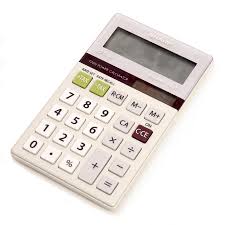My client is planning to move workshop to accommodate his growing business. He was trying to work out what he needed to do to cover the additional rent.
He has always managed profitability and cash flow pretty well using spreadsheets but he was struggling to produce something that told him what he needed to know to make decisions about the proposed move.
He says he doesn’t understand “accounting” and, like many business owners, his only experience of financial reports is the annual return produced by his accountant. I’ll leave you to guess how thoroughly he goes into that document.
We talked through the reasoning process his plan needed to support; rent (and so costs) up by x (this required a brief discussion on fixed costs).
Employees up by y (this required a brief discussion on fixed vs variable costs). Revenue up by z – this required a brief discussion about productivity, gross margin and sales capacity. What would his net profit be under a range of different capacities and turnovers.
At the end of this discussion I was able to introduce him to his profit and loss statement – until now a baffling and irrelevant tool of the accountant – and show how it is an essential business planning tool – in fact, one we had just used.
I have hopes of building on this lightbulb moment and moving on to his balance sheet and cash flow statement.
If you are a business owner of anything but the smallest business you need to understand financial reports. To do that, you need to work through them each month.
If you want to understand more about using finance to run a better business then take a look at www.nickbettes.co.uk

